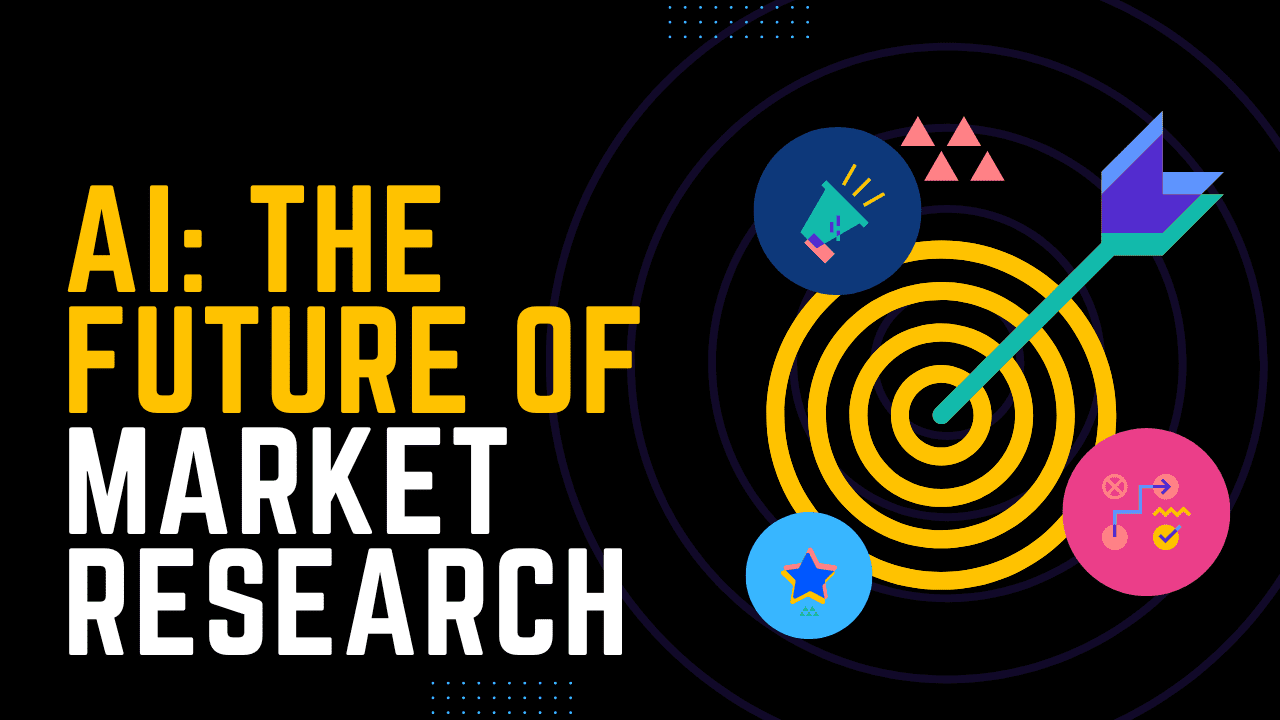Artificial intelligence (AI) has revolutionized market research, empowering businesses to gain unprecedented insights into consumer behavior. AI processes vast data sets, discerning patterns to extract valuable knowledge. This capability, coupled with its predictive power, provides businesses with invaluable guidance for decision-making. However, ethical considerations, including data privacy and bias, must be diligently addressed as AI becomes more prevalent. AI will continue to shape the future of market research, playing a pivotal role in understanding consumer preferences and driving informed business strategies.
Nội dung
- AI: The Future of Market Research
- How AI is Revolutionizing Market Research
- The Benefits of Using AI in Market Research
- AI-Powered Tools for Market Researchers
- Case Studies of Successful AI-Driven Research
- Ethical Considerations in AI-Based Research
- The Future of AI in Market Research
- AI and the Changing Role of Market Researchers
- Skills Market Researchers Need in the AI Era
- Embracing AI for Market Research Success
AI: The Future of Market Research
AI is poised to drive market research advancements. Its capabilities enhance research efficiency, accuracy, and comprehensiveness. Automating routine tasks frees researchers to prioritize strategic activities and generate insights. Furthermore, AI’s ability to analyze unstructured data, like social media posts and customer feedback, provides deeper insights into consumer behavior and preferences.
How AI is Revolutionizing Market Research
AI is revolutionizing market research by:
– Expanding data collection sources: Social media, online reviews, and IoT devices now provide valuable data.
– Automating data analysis: AI swiftly identifies patterns and trends that human analysis cannot match.
– Generating insights and predictions: AI assists businesses in optimizing product development, marketing campaigns, and customer service.
The Benefits of Using AI in Market Research
AI offers numerous benefits in market research, including:
- Increased efficiency: AI can automate repetitive tasks, such as data collection and analysis, freeing up researchers to focus on more strategic activities.
- Improved accuracy: AI can analyze data more accurately than humans, reducing the risk of errors and biases.
- Greater insights: AI can identify patterns and trends in data that would be difficult or impossible for humans to detect, leading to more insightful and actionable recommendations.
- Reduced costs: AI can help businesses reduce the cost of market research by automating tasks and improving efficiency.
AI-Powered Tools for Market Researchers
AI-powered tools empower market researchers with data collection, analysis, and interpretation capabilities, enabling them to extract insights and make predictions. Prominent AI-powered tools for market research include:
- Natural language processing (NLP): NLP can be used to analyze text data, such as social media posts and customer reviews, to identify patterns and trends.
- Machine learning: Machine learning can be used to train AI models to identify patterns in data and make predictions.
- Deep learning: Deep learning is a type of machine learning that can be used to train AI models to learn from large amounts of data, such as images and videos.
Case Studies of Successful AI-Driven Research
Case studies showcase the effectiveness of AI in market research. One study revealed that AI identified customer behavior patterns, resulting in a 10% sales increase. Another study demonstrated AI’s ability to predict customer churn with 90% accuracy, enabling businesses to retain clientele.
Ethical Considerations in AI-Based Research
Consider the ethical implications of AI in market research, including:
- Privacy: AI can be used to collect and analyze personal data, which raises concerns about privacy.
- Bias: AI models can be biased, which can lead to inaccurate or unfair results.
- Transparency: It is important to be transparent about the use of AI in market research, so that consumers can understand how their data is being used.
The Future of AI in Market Research
AI’s significance in market research is projected to grow. As AI evolves, researchers will harness innovative methods for data collection, analysis, and interpretation. This advancement will facilitate the generation of more precise and insightful research, empowering businesses to optimize decision-making in product development, marketing strategies, and customer support.
AI and the Changing Role of Market Researchers
As AI gains prominence, market researchers must adapt. They require new skills to collaborate effectively with AI, such as:
- Data science: Researchers will need to have a strong understanding of data science in order to collect, analyze, and interpret data effectively.
- Machine learning: Researchers will need to be able to use machine learning to train AI models to identify patterns in data and make predictions.
- Ethics: Researchers will need to be aware of the ethical implications of using AI in market research and take steps to mitigate these risks.
Skills Market Researchers Need in the AI Era
In the AI era, market researchers must develop new competencies, such as:
- Data science: Market researchers will need to be able to collect, analyze, and interpret data effectively. This will require a strong understanding of data science techniques, such as statistics, machine learning, and data visualization.
- Machine learning: Market researchers will need to be able to use machine learning to train AI models to identify patterns in data and make predictions. This will require a strong understanding of machine learning algorithms and techniques.
- Ethics: Market researchers will need to be aware of the ethical implications of using AI in market research and take steps to mitigate these risks. This will require a strong understanding of ethical principles and best practices.
Embracing AI for Market Research Success
AI empowers market researchers with enhanced data collection, analysis, and interpretation capabilities. Leveraging AI, researchers can delve deeper into consumer behavior and preferences, yielding insights that inform product development, marketing strategies, and customer service initiatives.
As AI advances, its impact on market research is poised to intensify. Researchers who adapt to this evolving landscape and acquire essential skills will thrive in the era of AI.


